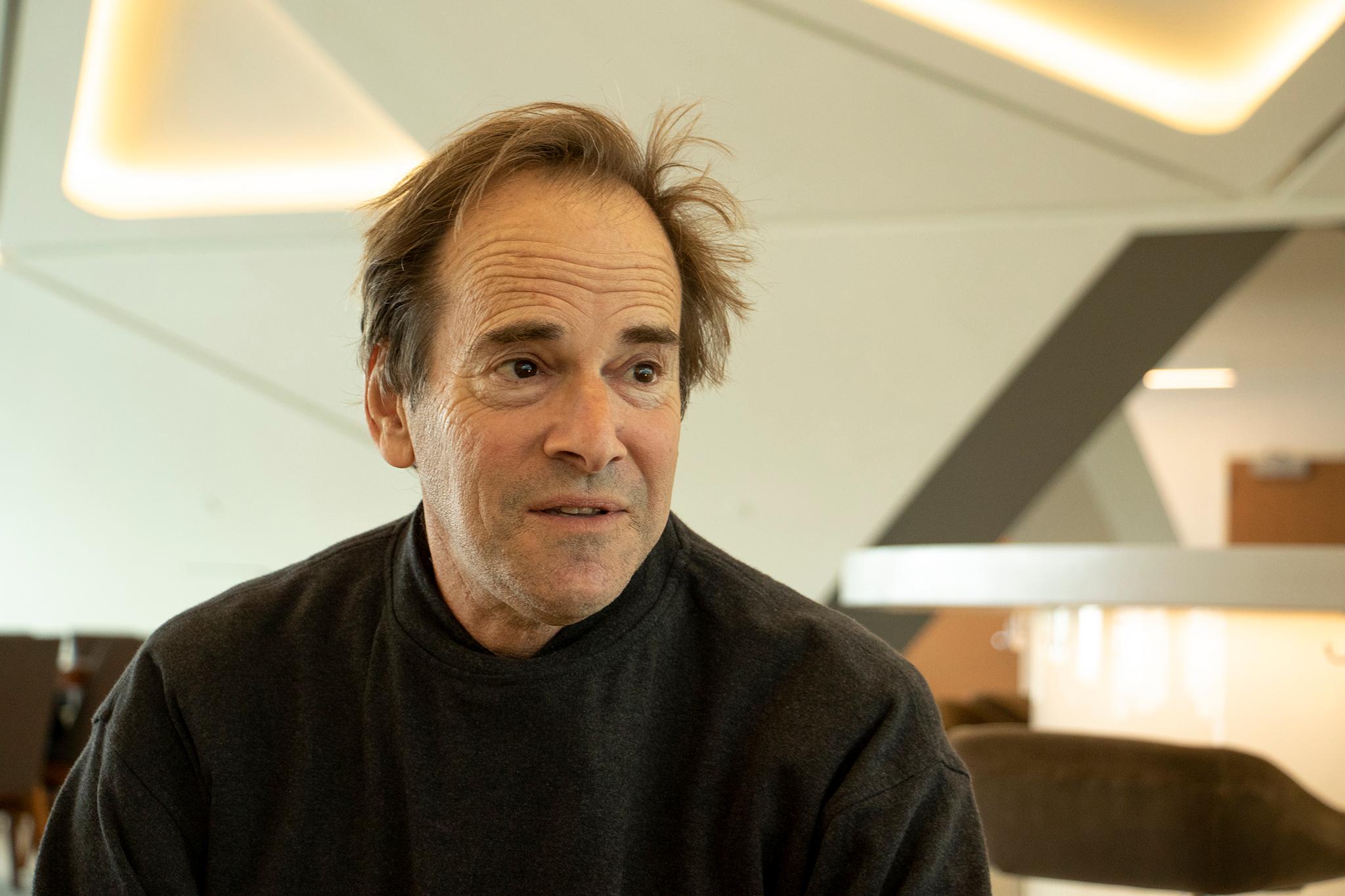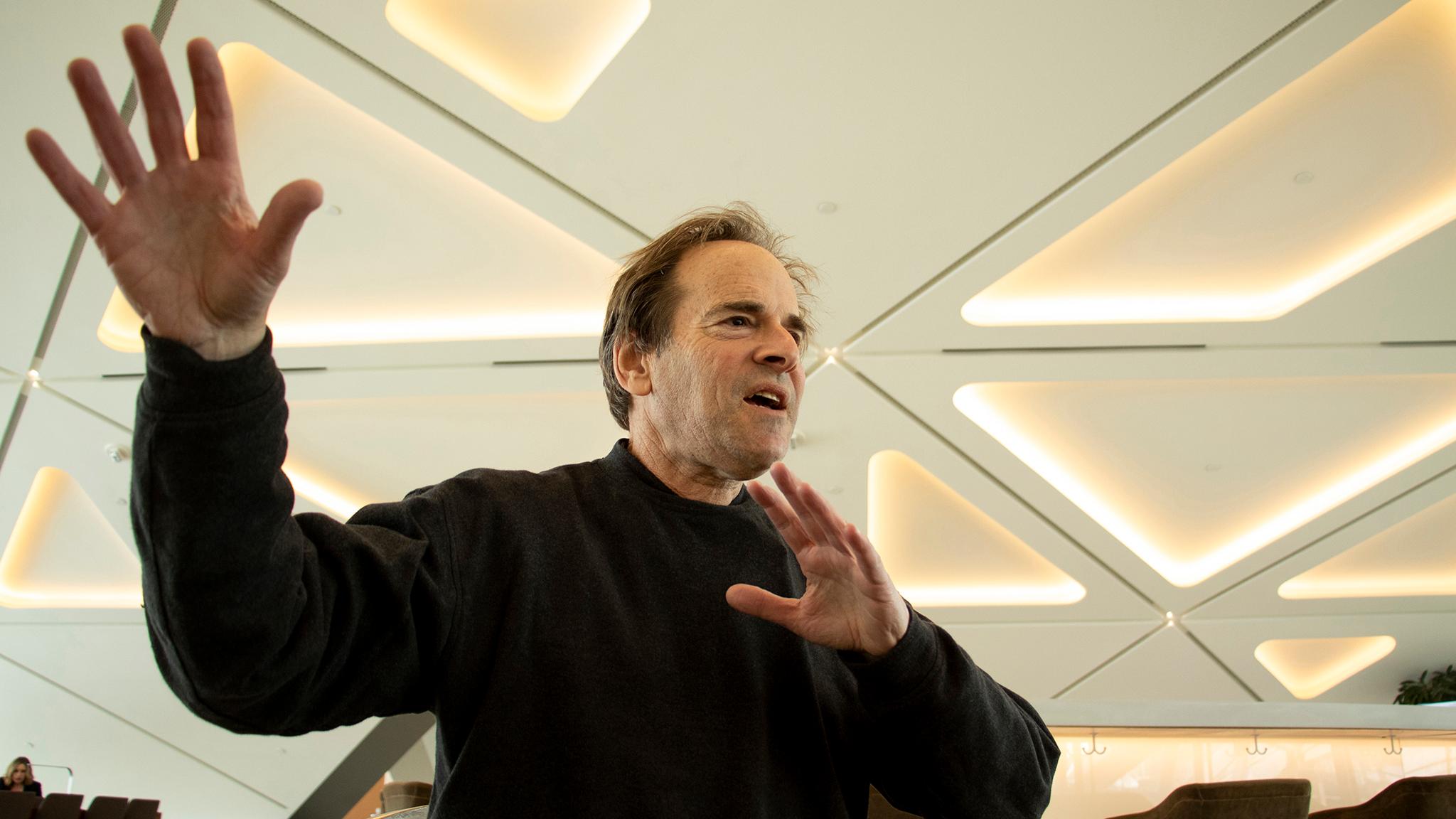The author of a new book that surveys how cities across America are responding to the affordable housing crisis says Denver should be getting more attention for its innovative approach -- even if its ambitions aren't always fully or quickly realized.
"Denver is doing all this great housing stuff and I don't see people saying, 'Let's look at Denver,'" said Randy Shaw, founder and director of San Francisco's Tenderloin Housing Clinic and author of "Generation Priced Out: Who gets to live in the new urban America."
Shaw spoke Tuesday after flying into Denver, where he was scheduled to give a book talk at the Tattered Cover in LoDo Wednesday evening. Denver, Minneapolis, Portland, Ore. and San Francisco -- where Shaw's clinic leases and manages low-income housing and provides legal assistance for tenants facing eviction -- were among a dozen cities he looked at for a book in which he concludes that "the unaffordability of desirable, high-employment cities now defines America."
Denver has recognized that "building more housing is essential for increasing affordability," Shaw said. But he added that building isn't the complete answer. Denver's housing boom "primarily reduced rents for affluent renters," he wrote.
Denverites have seen more and more towers of luxury apartments go up. The Apartment Association of Metro Denver, which has tracked construction since 1988, found 12,324 apartments were completed in 2018, three times the 30-year average of 4,534 new apartments a year. That followed a record-setting 2017, when 13,348 new units were built. The result has been only slightly lower rents, and plenty of vacancies.
In his 2017 State of the City address, Mayor Michael Hancock announced a pilot program "to open 400 existing, vacant apartments to low- and moderate-income residents struggling to find an affordable place to live."
That became the Lower Income Voucher Equity Program, or LIVE Denver, with a more modest goal of providing subsidies to 125 families earning between 40 and 80 percent of the area median income to get them into market-rate apartments. And while Hancock spoke in 2017 of struggling families needing "affordable options today, not a year from now," it was only earlier this year that the first three families to benefit from LIVE Denver were able to move into apartments.
Putting together a program that no other city has tried has taken time, said Laura Brudzynski, a housing official with Denver Economic Development & Opportunity, formerly the Office of Economic Development.
"We definitely wanted to make sure that we were approaching the roll-out of a new program in a thoughtful and intentional way," she said.
"We had to make some adjustments," she said, adding that federal funding initially factored into the proposal turned out to be unavailable. The city also decided it wanted to support families earning a wide range of income, which increased the per-family spending, which included financial coaching to ensure participants were in a better position to meet their housing costs once the two-year pilot ends.
The city devoted to the program just over $1 million, most from a dedicated affordable housing fund that also won praise from Shaw. St. Joseph Hospital, whose staff members were the first to benefit, and the Colorado Health Foundation contributed $100,000 each. The Denver Housing Authority administers the program while the Apartment Association of Metro Denver connects landlords and the Downtown Denver Partnership helps in the search for private funding. Brudzynski said the city has been hearing from the business community that the lack of affordable housing in Denver is affecting recruitment and retention.
"This was a key opportunity to involve employers in addressing some of the housing challenges that we have," Brudzynski said.
Shaw, the author, said collaboration is key in addressing the housing crisis. Shaw added that when he first read that Hancock's goal was to house 400 families, he calculated the costs would be high.
"That didn't work at 400? Well, 125 is better than nothing," Shaw said. "And it's a big deal for 125 families."
He also saw the attempt as a model for others.
"Activists in many cities have been trying to figure out how to fill vacant apartments often targeted to affluent tenants," Shaw wrote. "Hancock figured out a way to do this. It's the type of creative thinking that expands housing opportunities for working and middle-class families."

Elsewhere, Shaw found reason for optimism in a new Oregon law limiting rent increases statewide and the recent move by the Minneapolis city council to end single-family zoning. Those were steps he had not predicted when he was writing his book, and which he said Tuesday were signs of momentum in the right direction.
Work still needs to be done. In city after city, Shaw found homeowners associations organizing against zoning changes that would allow more density and fighting apartment development.
"I assumed it was a lack of supply," he said of the roots of the housing crisis. "I did not know the extent to which the supply problem was driven by zoning."
Proponents of density have to organize and educate, he said.
In Denver, he raised questions in his book about the Regional Transportation District's commitment to transit-oriented development, which Shaw sees as a key element to affordable housing strategies.
RTD spokeswoman Laurie Huff said the district supported local jurisdictions' goals, such as affordable housing, but faced some limitations.
"Unlike other transit agencies around the country, RTD was not able to acquire more land than it needed when building new transit lines," she said in an email. "While other agencies have land set aside for transit-oriented development -- specifically, affordable housing -- we are legislatively prohibited from doing that."
She noted a groundbreaking is set next week Sheridan Station Apartments, 133 units of permanently affordable housing in Villa Park adjacent to RTD's Sheridan Light Rail Station.
Shaw said he was optimistic.
"I think the crisis has gotten so bad ... it's gotten to the point where it's really a crisis," he said. "There's kind of a growing momentum from legislatures that we can't keep going on automatic pilot."
Correction: A previous version of this story misidentified the foundation that contributed to LIVE Denver. It is the Colorado Health Foundation.













